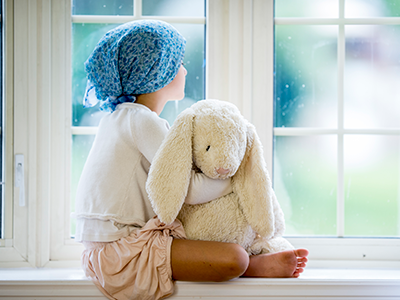My 4-year-old (girl) always wants to play games that involve me (mother) playing her boyfriend. Then she wants to kiss and snuggle with me. I am scared this is not normal. She is very smart and mature for her age, and we have a very close relationship.
This is an excellent and important question.
I like to begin by thinking about the role of play in early childhood.
Play serves a vital role in child development. It facilitates the development of language and literacy, as well as social, emotional and motor skills. Play also allows children to create bonds with caregivers and friends, explore new concepts or ideas and learn about the world around them! In other words, play is a child’s work.
Pretend play, even more so, is the context in which young children learn about themselves, their experiences and how to engage in social interactions. What’s more, children are able to take a stab at integrating these ideas in the context of pretend play. In turn, pretend play can be a safe and developmentally appropriate way for children to explore ideas and learn from playmates (in this case, mom).
Now, returning to the concern at hand – is this type of pretend play normal for a four-year-old? In short, yes. Absolutely. Be that as it may, it is completely understandable when parents are taken aback at how keen young children are at picking up on such “adult” concepts.
When we see young children at play, I encourage parents to ask themselves (or a child therapist):
- “What might my child be trying to explore or learn about (with me) today?”
- “What is my child trying to communicate, using play as a vehicle for language?”
- “How can I facilitate my child’s understanding in a sensitive and supportive manner?”
To help answer these questions, consider this:
“What might my child be trying to explore or learn about today?”
- Common play themes may relate to:
- Emotion expression
- Interpersonal relationships or interactions
- Understanding new skills or tool use
- Practicing new skills
“What is my child trying to communicate, using play as their mode of language?”
- Children are adept at using play to communicate what is on their mind. For example, if child is feeling down and desires some special time with their caregiver. Play may also involve similar ideas with characters wanting participate in fun activities together.
- Additionally, when unfamiliar play themes are observed we can suppose the child is exploring a new experience. These can be direct experiences (e.g. going to an amusement park for the first time) or observed experiences (e.g. seeing a scary event).
- Children also use play to practice and master ideas or experiences. This is observed in play that repeats itself (e.g. using a toy hammer to hammer any and everything around).
“How can I facilitate my child’s understanding in a sensitive and supportive manner?”
- Join your child in play, regularly (daily, if possible).
- Let your child pick activities or games of interest.
- Follow your child’s lead in play. Imitate and ask questions.
- Balance following your child’s lead with finding opportunities to introduce new information.
- Consider small takeaways that you will want your child to learn from your play time together. Whether it is, how to use manners, how to properly use a tool, or how to manage a big feeling.
If parents are ever concerned about their child’s play or how to join their child’s play as an active participant and teacher, I encourage families to reach out to child therapists. You can gain additional insight and support in how to navigate challenges or concerns in a meaningful and developmentally appropriate manner.
 https://riseandshine.childrensnational.org/wp-content/uploads/2025/05/child-having-tantrum-feature.jpg
300
400
webteam
https://riseandshine.childrensnational.org/wp-content/uploads/2017/11/childrens_riseandshine_logo.jpg
webteam2025-05-07 15:54:412025-05-07 16:19:29Helping autistic children manage big feelings
https://riseandshine.childrensnational.org/wp-content/uploads/2025/05/child-having-tantrum-feature.jpg
300
400
webteam
https://riseandshine.childrensnational.org/wp-content/uploads/2017/11/childrens_riseandshine_logo.jpg
webteam2025-05-07 15:54:412025-05-07 16:19:29Helping autistic children manage big feelings





















Leave a Comment
Want to join the discussion?Feel free to contribute!